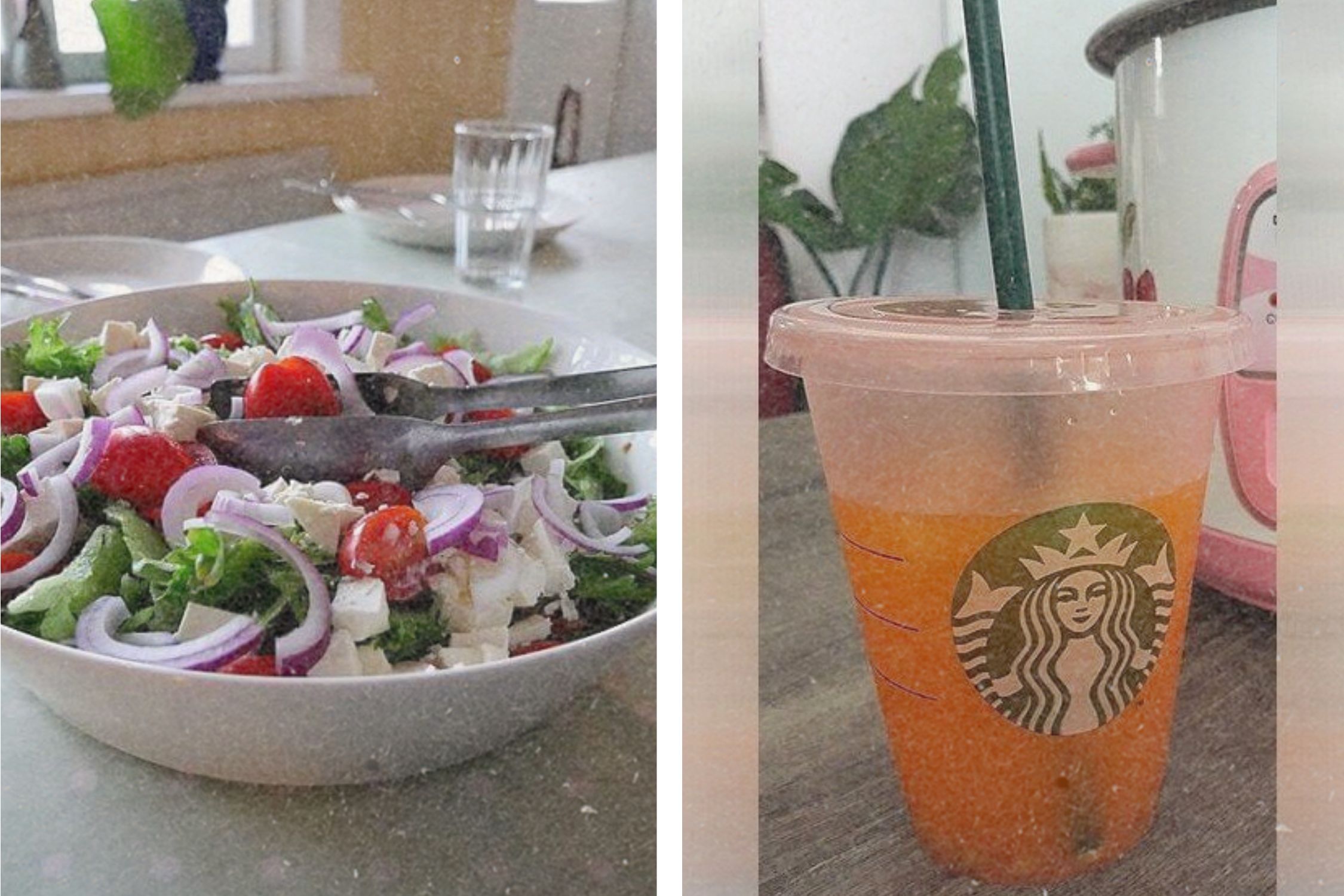Foods Diabetics Should Avoid for Better Blood Sugar Control
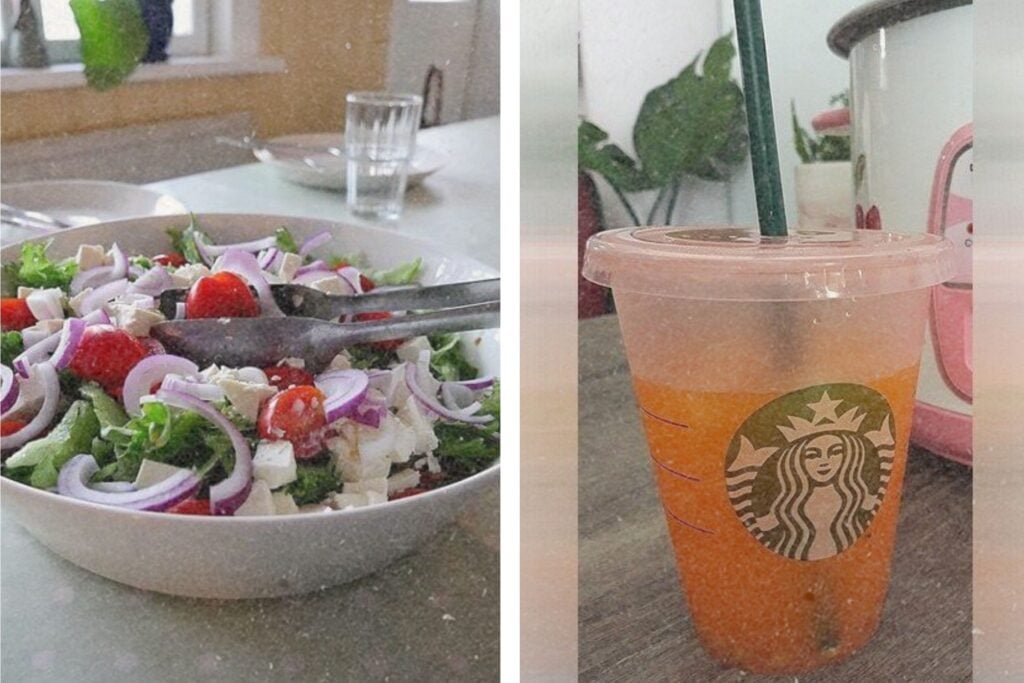
Managing diabetes can be a bit of a juggling act, especially when it comes to what we eat. Certain foods can really throw our blood sugar levels off balance, so it’s super important for people with diabetes to know which ones to steer clear of. By making informed choices about what goes on our plates, we can better manage our health and feel our best.
Did you know that around 422 million people around the globe have diabetes? That’s a staggering number! While there are treatments available, like medication, they can’t work miracles on their own. To truly manage diabetes effectively, it’s crucial to make some significant changes to our diets. So, what does that mean for our meals and snacks?
It’s all about being mindful of what we consume. Even foods that seem healthy can sometimes cause unexpected spikes in blood sugar. This is why understanding the impact of different foods is key. For example, some whole grains, fruits, and even certain dairy products can affect blood sugar levels more than you might think.
Diet Soda
When faced with the choice between regular soda and diet soda, many diabetics might lean towards diet options, thinking they’re making a healthier choice. However, both have their drawbacks. For those looking to manage insulin levels effectively, it’s often best to avoid soda altogether.
According to the American Diabetes Association, people who consume diet drinks have a 67% higher risk of developing type 2 diabetes. That’s a surprising statistic and highlights that “diet” doesn’t always mean “safe.” Additionally, research has suggested that diet soda consumption may increase the risk of diabetic retinopathy, a serious condition that can lead to vision loss for those with diabetes.
So, while diet soda might seem like a better option, it’s wise to consider alternatives like water, herbal teas, or sparkling water with a splash of lemon. These choices can keep you hydrated without the risks associated with both regular and diet sodas!
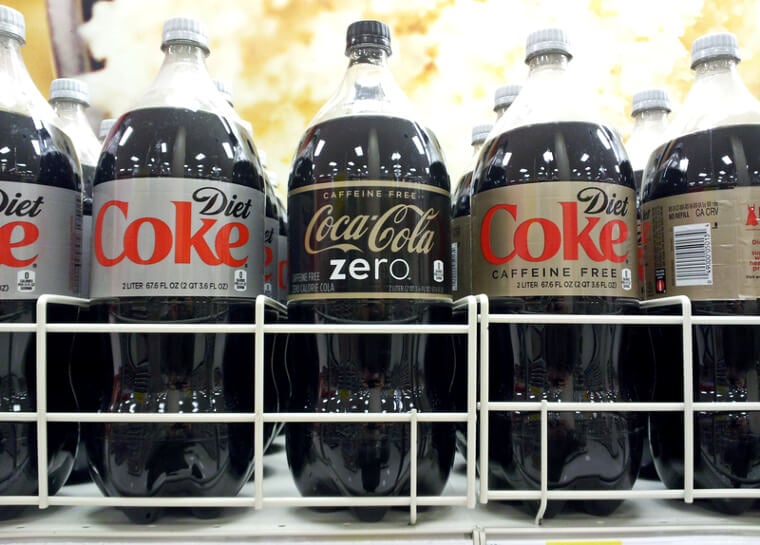
Artificial Sweeteners
People with diabetes often look for foods labeled as low-sugar or low-calorie, and artificial sweeteners have become a popular alternative to regular sugar. However, it’s important to note that not all artificial sweeteners are created equal. While many people rely on these sweeteners, some can still impact insulin levels, which is not ideal for managing diabetes.
That said, there are some sweeteners that are generally considered safe. Research has shown that options like Tagatose and Stevia don’t significantly affect blood glucose levels, making them better choices for those with diabetes. If you enjoy sweetening your coffee or other foods, these alternatives can help satisfy your sweet tooth without the harmful effects of traditional sugar. Always remember to monitor how your body responds and consult with your healthcare provider for personalized advice!
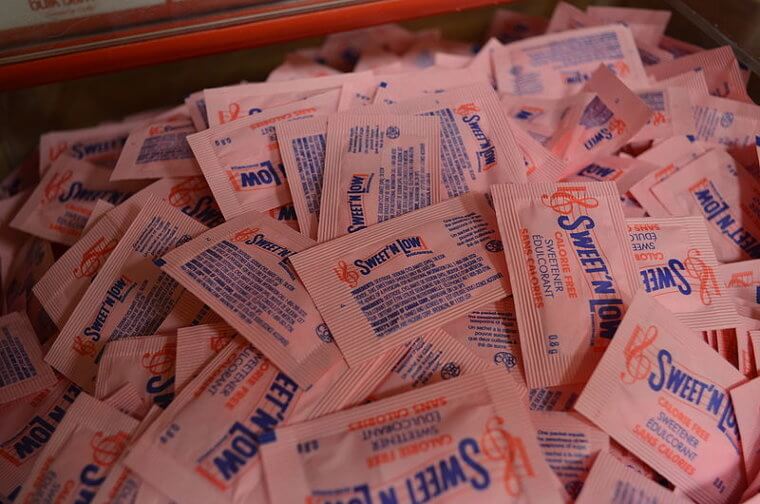
Low-Fat Milk
With so many milk options available—low-fat, full-fat, and plant-based—people with diabetes might feel overwhelmed when trying to choose the best one. For a long time, low-fat milk was recommended as the healthier option for diabetics. However, recent research has challenged that notion. It turns out that low-fat milk often replaces the fat with added sugars, which can be harmful for managing blood sugar levels.
Given this information, experts now suggest that individuals with diabetes consider full-fat milk instead. A study from Sweden even found that diets high in dairy could potentially lower the risk of developing diabetes. So, if you’re looking for a milk option, full-fat could be the way to go! Just remember to enjoy it in moderation, as part of a balanced diet.
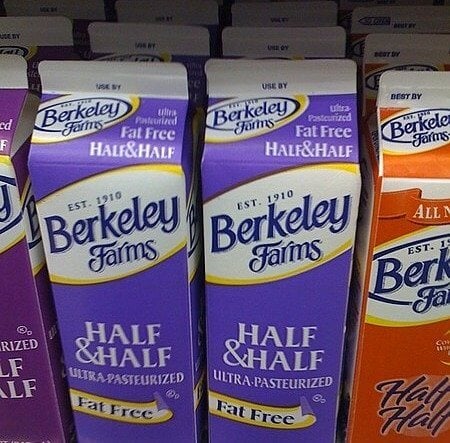
Flavored Yogurt
Starting the day with yogurt and granola can be a delicious choice, but if you have diabetes, it’s important to choose your yogurt wisely. Plain, unsweetened yogurt is a great option, as it’s low in sugar and packed with beneficial probiotics. However, flavored yogurts often contain added sugars that can lead to spikes in blood sugar levels, especially when topped with sugary fruits or syrups.
To enjoy yogurt while keeping your blood sugar in check, consider making your own at home. Start with plain yogurt and add healthy toppings like almonds, seeds, or a small amount of nutritious granola. This way, you can control the ingredients and ensure a balanced breakfast that supports your health!
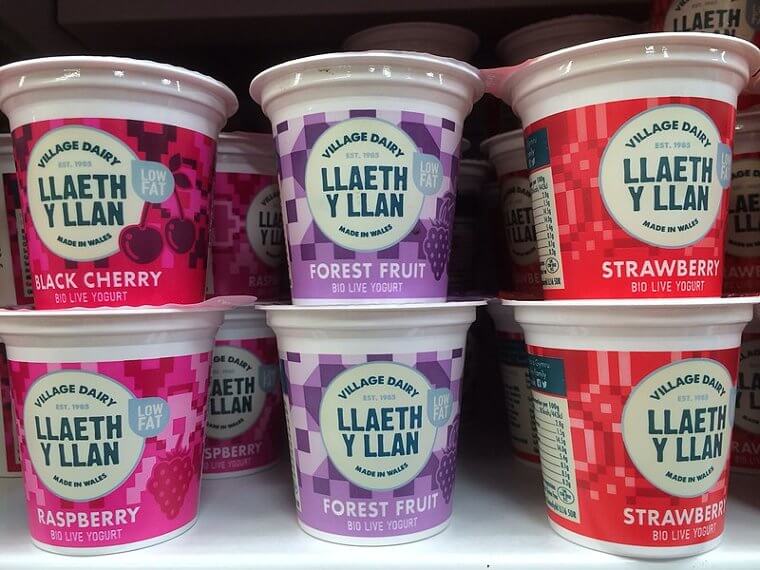
Canned Fruits and Vegetables
In a world where access to fresh fruits and vegetables can be limited and pricey, canned options often seem like a convenient and budget-friendly choice. For a long time, many believed that canned fruits and vegetables could be just as nutritious as their fresh counterparts. However, recent studies have uncovered some concerning downsides.
Many canned products are often loaded with added sugars and salt to help preserve them, which can be problematic for individuals with diabetes. Consuming these added ingredients can lead to unwanted spikes in blood sugar levels. Moreover, some cans are lined with harmful substances like bisphenol A (BPA), which has been linked to an increased risk of developing type 2 diabetes.
If you’re considering canned options, it’s essential to read labels carefully. Look for products without added sugars or salt, or consider rinsing canned fruits and vegetables to help reduce some of those extra ingredients. Fresh is usually best, but if canned is your only option, being informed can help you make healthier choices!
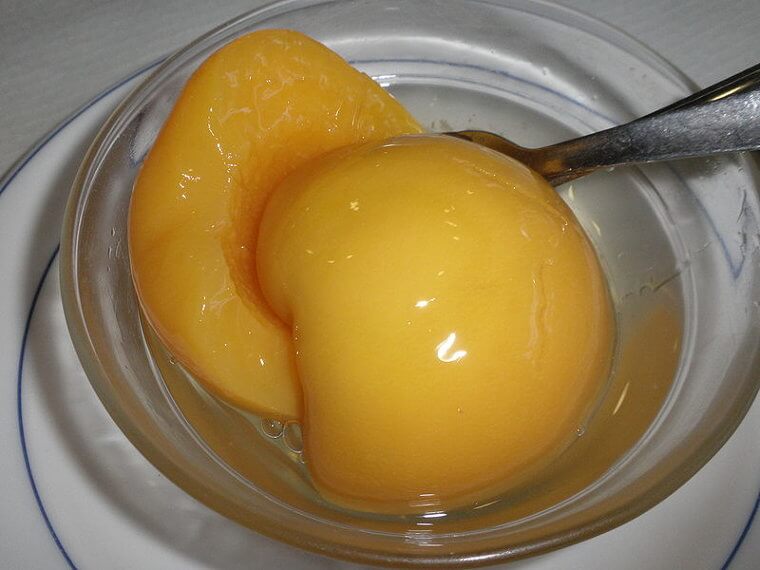
Coffee
For many people, starting the day with a freshly brewed cup of coffee is a ritual they can’t do without. Whether you prefer a latte, cappuccino, espresso, or even a matcha latte, it’s essential for those with diabetes to be mindful of their coffee choices. While coffee itself may not directly increase the risk of developing diabetes, the caffeine it contains can sometimes cause blood sugar levels to rise—sometimes by as much as 8%. That’s definitely not ideal!
Adding cream, sugar, or flavored syrups can further elevate the sugar content, which can be a concern for managing diabetes. For those looking to enjoy coffee without the added risks, opting for decaffeinated black coffee is a smart choice. This way, you can still enjoy your morning brew without the potential blood sugar spikes!
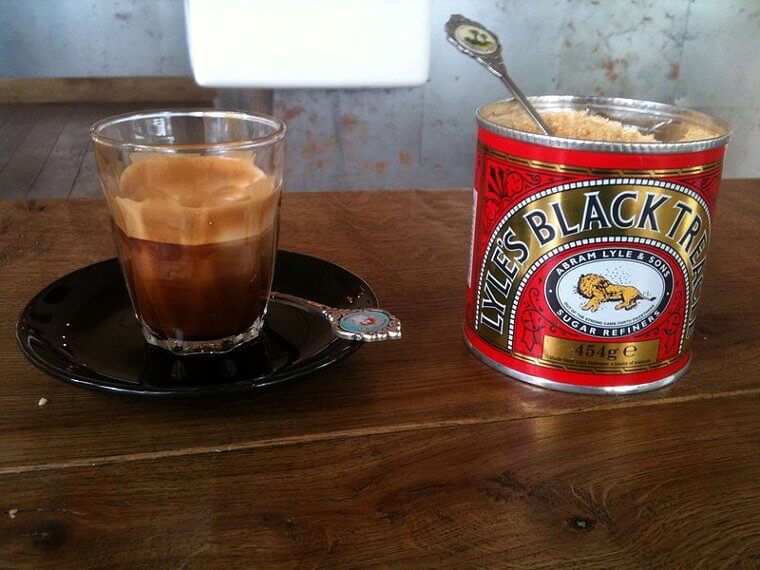
Dried Fruit
Dried fruit can be a great snack for many people, especially since it’s smaller, sweeter, and lasts longer than fresh fruit. However, if you have diabetes, it’s best to steer clear of dried fruits. The drying process concentrates the sugars, meaning you end up consuming more sugar than you would with fresh fruit.
Additionally, it’s easy to overeat dried fruit, often leading to higher sugar intake without realizing it. For those managing diabetes, sticking to fresh fruits is a smarter choice. Fresh fruits provide fiber and essential nutrients without the extra sugar, helping you keep your blood sugar levels stable. So next time you’re looking for a snack, reach for fresh fruit instead!
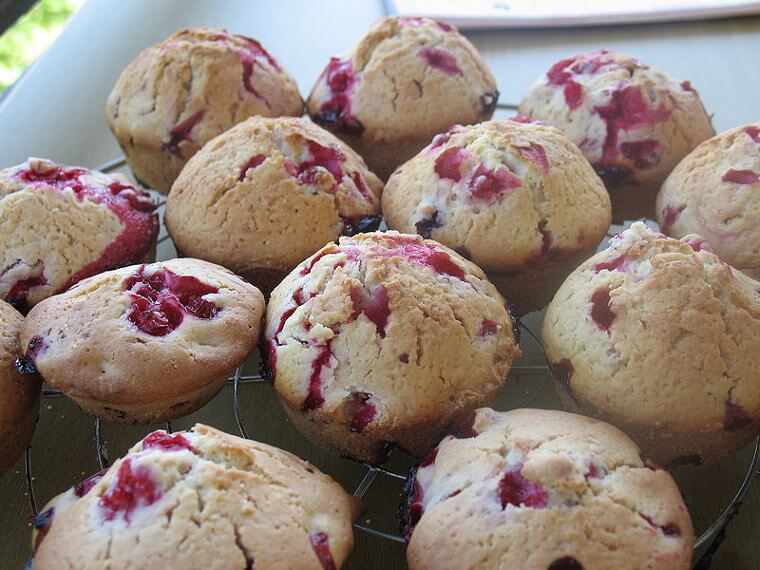
High-Salt Cheese
When it comes to meal planning for individuals with diabetes, cheese can be a bit tricky. On one hand, some studies suggest that certain cheeses may actually help lower the risk of developing type 2 diabetes. On the other hand, many cheeses are high in salt, which can complicate diabetes management.
For those with diabetes, it’s important to be mindful of cheese consumption. Opting for low-sodium varieties can make a big difference. For example, replacing salty cheeses like feta with mozzarella can be a healthier choice.
It’s also helpful to learn about the different types of cheeses out there. Some varieties offer more nutrients and beneficial fats than others. By making informed choices, you can still enjoy cheese in moderation while supporting your overall health!


